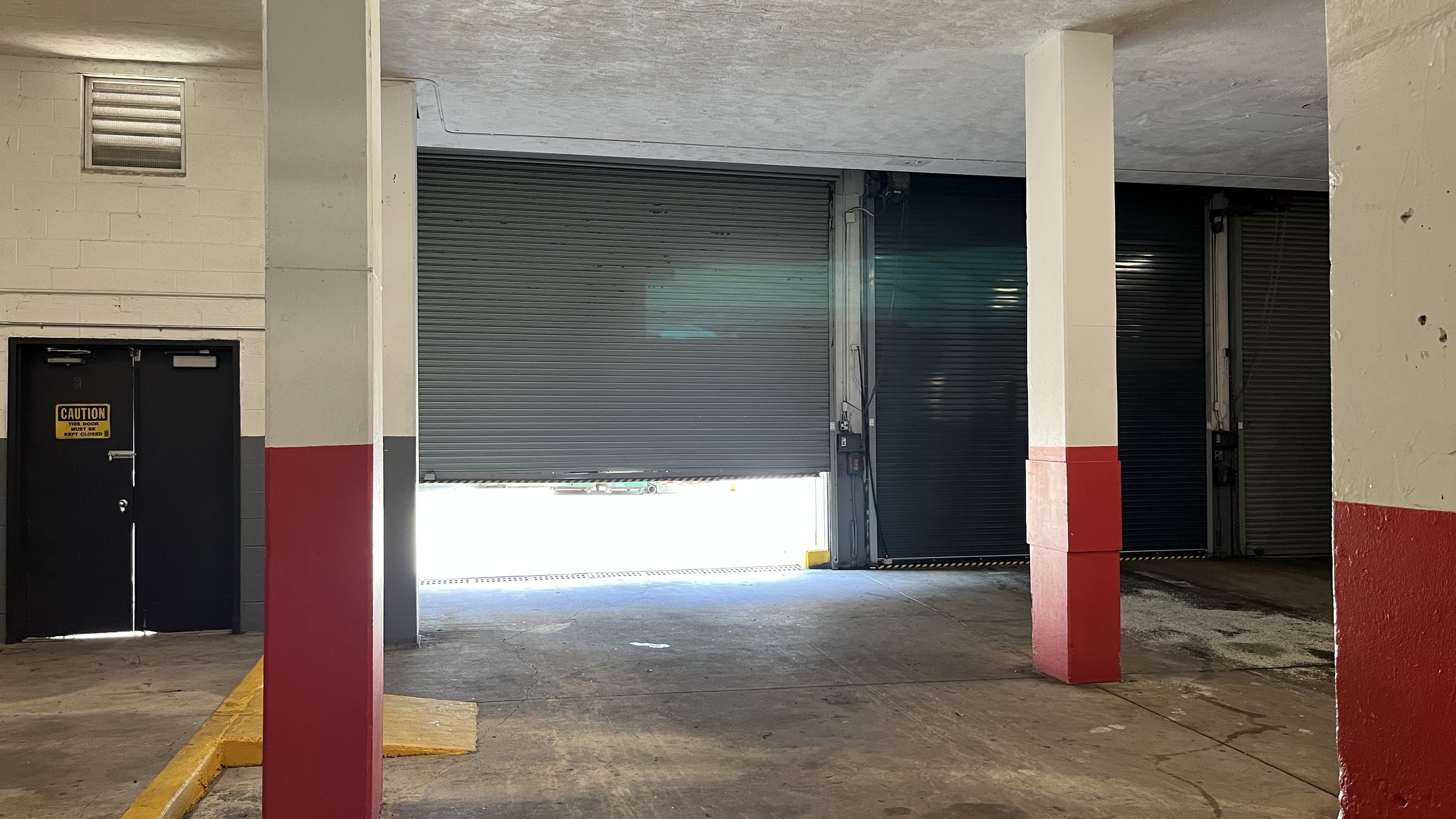The Office of Administrative hearings yesterday issued a final ruling in the case of Harry Gural v. Equity Residential / Smith Property Holdings Van Ness LP, ordering Equity Residential to VNSTA president Gural $46,798 plus $13,090 in interest — a total of $59,888.
Gural followed his complaint against Equity Residential in August 2016, claiming that the company was charging him $297 per month more than DC law allows in a rent-stabilized building. The increase demanded by Equity was almost 20%, whereas the maximum legal increase that year was only 3.5%.
The reason Gural filed his initial complaint in the Office of Administrative Hearings (OAH) is that almost 100 residents of 3003 Van Ness came to him asking for help fighting extremely large rent increase demands by Equity Residential, some almost as high as $1,500 per month. After much negotiation between those tenants and Equity, the company usually offered a large “discount” — which it called a “rent concession” — so that the actual rent increase would be much lower. However, the effective rent increase was often substantially higher than allowed by DC law.
Because so many residents and members of the tenant association reported such problems with the $27 billion Equity Residential, Gural refused to sign a new lease with a fraudulent, inflated amount listed as the “rent.” Equity subsequently filed suit against him in the Landlord and Tenant Branch of DC Superior Court, getting the judge to force Gural to pay $297 per month under a “protective order,” which (wrongfully) assumed that Equity’s argument was correct. Over the course of eight years, Gural has been forced to pay out of pocket $29,474 into court escrow.
The Office of Administrative hearings ruled in favor of Equity Residential in 2017, accepting the corporation’s novel interpretation of the word “rent,” which the company complained could exceed the actual rent paid by hundreds of dollars per month.
Gural appealed the OAH decision to the Rental Housing Commission, which in 2020 overturned the lower court decision, agreeing with Gural that the word “rent” has its plain English meaning. Specifically, “the Commission concluded that the phrase "rent charged" is intended to refer to the rent actually demanded or received from a tenant…”
The case moved slowly in 2020-22 with multiple delays due to the COVID pandemic. In 2023 and 2024, proceedings and filings came in a flurry as the date for another formal hearing in the Office of Administrative Hearing approached.
At a hearing in February 2024, Equity Residential property manager for 3003 Van Ness, Josh Luper, claimed that he did not know the meaning of the word “rent,” affirming Equity’s claim that the “rent” can exceed the amount paid by hundreds of dollars.
Even in its closing arguments for the case, Equity Residential claimed that it could not possibly have known the meaning of the word “rent.”
Finally, on August 28, 2024, the Administrative Law Judge in the Office of Administrative Hearings issued a final ruling in the case, finding that Equity Residential had overcharged Harry Gural — as he had claimed eight years ago. The judge ordered Equity Residential to pay Gural $46,798 for the overcharges, plus $13,090 in interest — a total of almost $60,000 ($59,888).
Given the thousands of hours and eight years that Gural has spent fighting Equity in court over the simple meaning of the word “rent,” a $60,000 award represents less than minimum wage.
Gural had argued that Equity’s overcharges were made in bad faith, which by DC law would mean that Equity would be compelled to pay him triple the amount of the overcharges. However, the judge ruled that Equity did not act in bad faith because she did not believe that it acted out of “sinister motives” or the “intent to deceive or defraud.” Gural had pointed out in his rebuttal to Equity Residential’s final arguments that it is extremely unlikely that a $27 billion Real Estate Investment Trust, a Fortune 500 company with upscale properties in major cities around the United States, did not know the meaning of the word “rent.”
Furthermore, he has pointed out that Equity Residential continued to overcharge him despite losing three court cases on the rent issue, including the DC Attorney General’s case, District of Columbia vs. Equity Residential Management, which forced Equity Residential to pay $1 million in restitution to residents of 3003 Van Ness.
Either party in Harry Gural v. Equity Residential may appeal the OAH decision within 10 business days of the date of the August 28th final ruling.
See a chronology of the entire case at this link.


